Our products come from responsible sectors and are certified by Ecocert as coming from organic farming.
Some also hold specific certifications (Biosuisse, JAS, Demeter, Fair for life and For life etc.) depending on the production methods used and the specifications applied. These certifications guarantee compliance with the organic production method through plant control, from the production field to the finished product, including all stages of processing. Advanced laboratory analyzes also make it possible to verify the absence of pesticides.
List of Herbier du Diois certifications
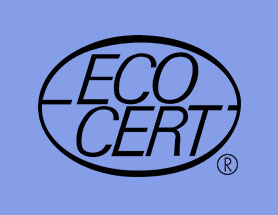
Ecocert is a control and certification company approved by public authorities. It intervenes directly on field, unexpectedly or programmed, to ensure compliance with specific standards of organic farming.
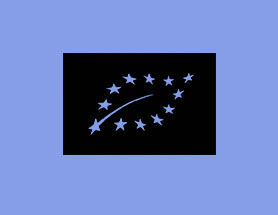
The EUROPEAN LABEL allows professionals to identify their products according to the specifications of organic farming.
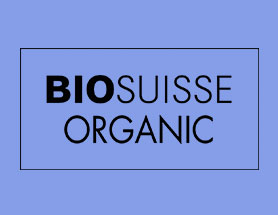
BIO SUISSE is a Swiss organization of organic agriculture. BIO SUISSE certified companies must comply with specifications that are specific to this label, which now benefits of a deep trust from customers.
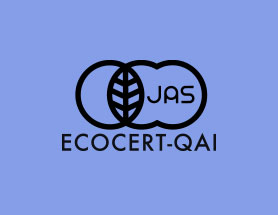
JAS (Japanese Agricultural standards) corresponds to all the Japanese agricultural standards, which notably requires, on top of organic agriculture specifications, detailed descriptions of all the different manipulations and transformations undergone by each product. L’Herbier du Diois is the first company in the area to have obtained this certification.
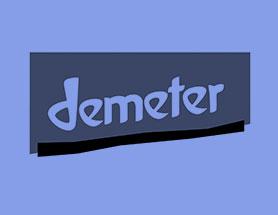
DEMETER is a label that enables to recognize biodynamic products, a method of agriculture based on the respect of the rhythm of Nature and of the Soil in particular.
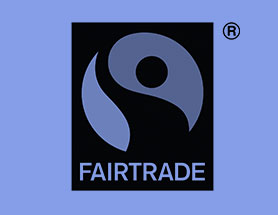
FLO (international Fairtrade Labeling Organization) is an international association that sets standards for fair-farming and certifies producers and importers who wish to trade via this label. Products that are labeled FLO, especially Mas Havelaard products, respect a particular set of specifications, aimed at ensuring a fair income for farmers in Southern countries, and enabling them to work in a sustainable way.
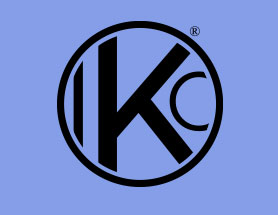
“The term” kosher “refers to a diet that conforms to Jewish food standards. It is the kashrut of the table and food that is the food code of Judaism. It groups together, on one hand, all the criteria designating food (animal or vegetable) as allowed or not for consumption, and on the other hand all the laws making it possible to prepare them or make them fit for consumption. The Kosher certification therefore consists of validating the materials and manufacturing processes within the company. Foods in accordance with these laws are then called kosher, “fit” or “suitable” for consumption, and appear on a certificate issued by the rabbi.
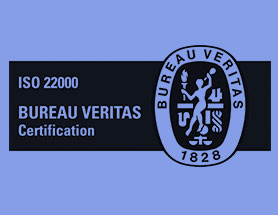
ISO 22000 is a reference system aimed at ensuring the control of the food safety of our plants and spices. L’Herbier du Diois is committed to a voluntary quality approach. An independent external organism ensures the correct application of the requirements of the standard and certifies the company once a year.
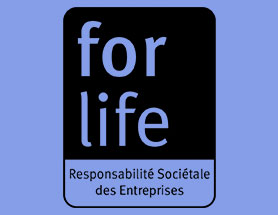
For Life (Corporate social responsibility): FOR LIFE certifies companies that raise the bar on the issues of working conditions and the environment, and promote sustainable development both locally as well as upstream from their sectors.These companies undertake:
- more social responsibility by orienting its business model towards responsible practices;
- providing decent working conditions to improve the well-being of workers.
- respecting the environment, biodiversity and climate by taking responsibility for its environmental impacts and gradually implementing sustainable production methods.
- acting for local sustainable development by creating local jobs and developing the territorial anchoring of the company.
- integrating responsible purchasing practices based on respectful dialogue with its producers and work with partners promoting responsible social and environmental practices.
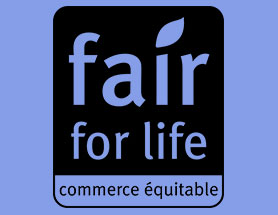
Fair For Life ( Fair Trade): Fair for Life certifies fair trade plants in responsible sectors. Thanks to long-term business partnerships and fair remunerations, producers are actors of their own development. Companies engage in respectful relationships and ensure good working conditions, respecting the environment throughout its sector of activity.
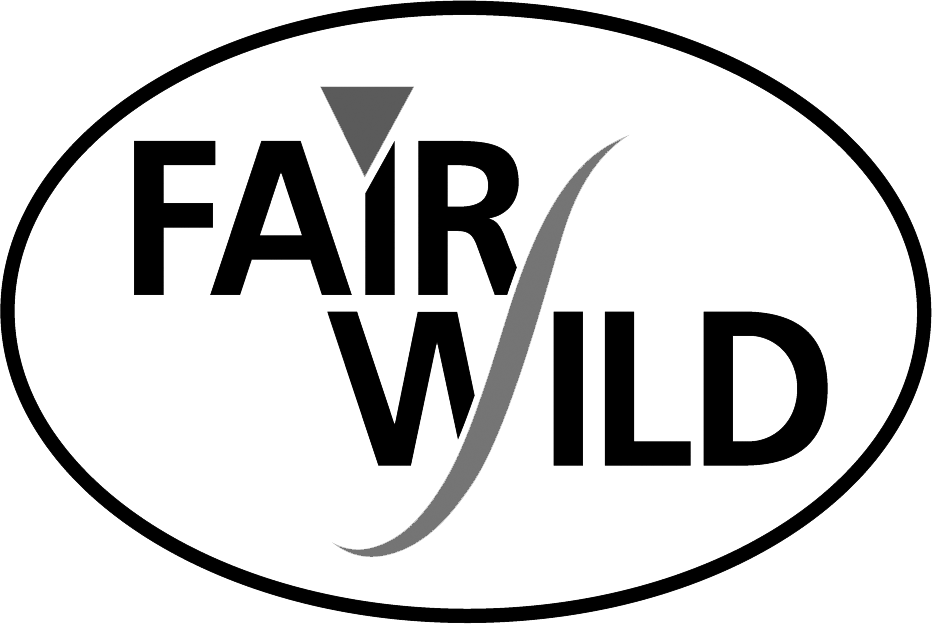
FAIRWILD is about the sustainability of wild plants and the protection of those who harvest and trade them. This standard protects local plant species and wildlife from the effects of overexploitation and ensures that local harvesters benefit from fair working conditions.